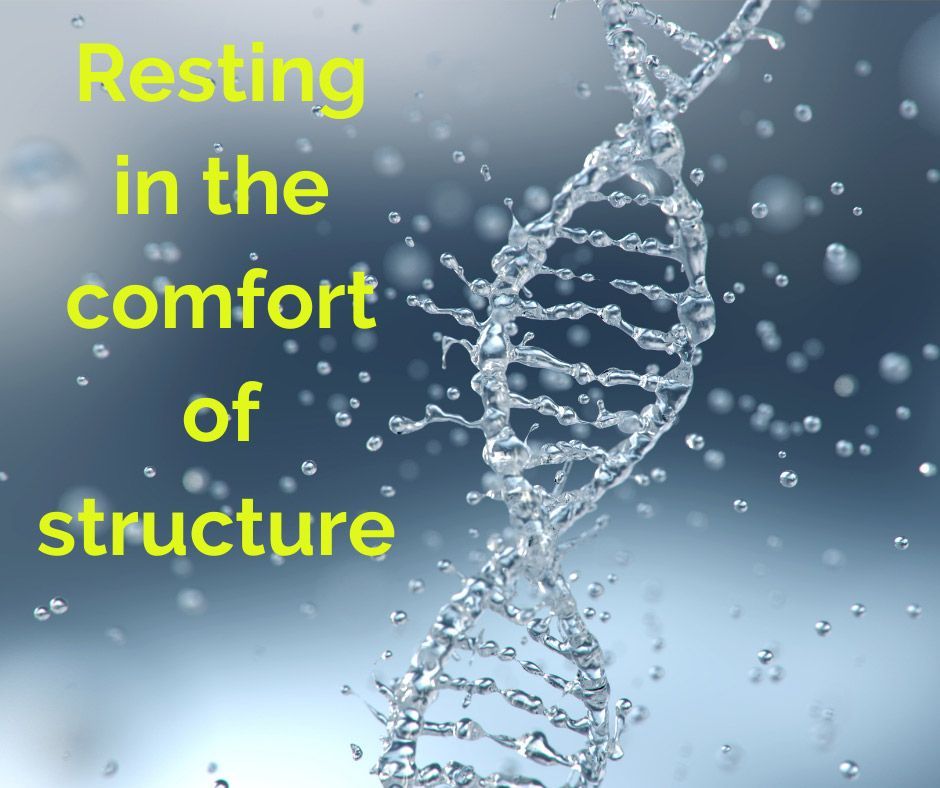Our Articles


The “Antidepressant Diet”: What Science Says About Food and Mood Can what you eat really influence your mood? According to research published in the World Journal of Psychiatry (LaChance & Ramsey, 2018), the answer is yes to a meaningful extent. The study set out to identify foods that are richest in nutrients known to support mental health. From a review of dozens of studies, researchers pinpointed 12 key nutrients that appear most linked to lower rates of depression and better emotional wellbeing. The 12 “Antidepressant Nutrients” These include folate, iron, long-chain omega-3 fatty acids (EPA & DHA), magnesium, potassium, selenium, thiamine (B1), vitamins A, B6, B12, C, and zinc. Each of these plays a role in brain health — from neurotransmitter function and inflammation control to energy metabolism. Foods That Scored Highest The researchers then created an Antidepressant Food Score (AFS) to rank foods by how nutrient-dense they are in those 12 areas. Top-scoring foods included: Seafood — especially oysters, mussels, and other bivalves Organ meats — like liver and kidney Leafy greens — spinach, kale, romaine Cruciferous vegetables — broccoli, Brussels sprouts, cauliflower Peppers, herbs, and citrus fruits - think watercress! Interestingly, vegetables scored highest overall , followed by organ meats and seafood. What This Means for Everyday Eating The “antidepressant diet” isn’t a strict plan — it’s a guide toward eating in a way that supports your mental health. You can put it into practice by: Eating more colourful vegetables and leafy greens Including fish or seafood several times per week Getting a variety of nutrient-rich whole foods Limiting ultra-processed and sugary foods While diet alone is not the only thing that can influence depression, improving nutrition is one of the most accessible ways to support brain function and emotional wellbeing. We say dig into those oysters ... yum!

Avoidance, Fear, and Mental Health: Learning to Move Through, Not Around Avoidance is one of the most natural responses we have to fear and discomfort. When something feels threatening—whether it’s a difficult conversation, an overwhelming task, or a painful memory—our brains are wired to steer us away. In the short term, avoidance can feel like relief. But over time, it can quietly reinforce anxiety, limit growth, and contribute to the development or worsening of mental health conditions like depression, generalized anxiety, and PTSD. It becomes a cycle: the more we avoid, the more fearful and helpless we feel. A healthier relationship with fear begins by recognizing it not as a signal to retreat, but as a messenger. Fear often points to something meaningful—something we care about, or something that challenges our sense of safety or identity. In therapy, we work to create space between the fear and the action. This means noticing the fear without immediately acting on the urge to escape. When we approach our fear with curiosity instead of judgment, we can begin to take small, intentional steps toward what we’ve been avoiding. Cultivating this kind of relationship with fear is not about becoming fearless; it’s about learning that we can feel fear and still move forward. Exposure, mindfulness, and values-based action are just a few tools that help us shift from avoidance to engagement. With support and practice, we learn that growth often happens not in the absence of fear, but in our willingness to meet it with compassion and courage.

Going to see a Psychologist for the first time can feel really scary and nerve-wracking when you don’t know what to expect. Some of the things that my first-time clients say include things like: “I’m afraid I will be judged”, “I’m afraid you’ll think I’m broken or faulty or worse, maybe even unstable or crazy”, “I’m afraid of revisiting painful memories” and “I’m worried I will be expected to change when I’m not ready”.
Additional Mental Health Resources
Explore our collection of articles on mental health, personal growth and emotional well-being. At Living Well Psychology Clinic, we are committed to providing valuable insights and practical advice to support you on your journey. From managing anxiety and building resilience to understanding therapy approaches, our articles cover a range of topics to help you gain clarity and confidence.

















